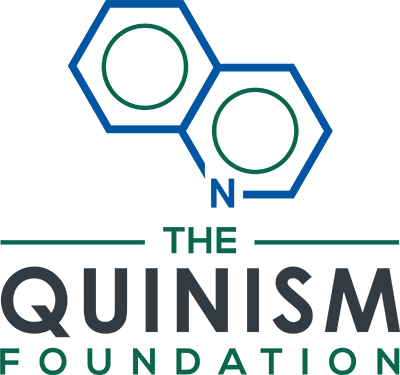Less than Four Weeks Left! – Make Plans Now to Attend our 2024 Annual Meeting in White River Junction, Vermont – April 29th to 30th
If you haven’t done so already, please make your plans now to attend our 2024 Annual Meeting, to be held for the final time in Vermont from Monday, April 29th through Tuesday, April 30th at the historic Hotel Coolidge, in downtown White River Junction.
You can register now by emailing us to reserve your space. This year, we are pleased to offer free registration to all our guests on a first-come, first-served basis, so register early to ensure availability.
To learn more about traveling to White River Junction and arranging accommodations, please read our recent newsletter announcing the meeting.
Announcing the Mefloquine Mission Log: Documenting the International Use of Mefloquine on Deployments
The Quinism Foundation is proud to announce a new campaign to help document the history of mefloquine use on international military deployments. The purpose of the Mefloquine Mission Log is to help us establish evidence regarding the who, when, and where of mefloquine use during military deployments by collecting original documentation of mefloquine policies and prescriptions.
Why is this important to pursue now, even though international militaries haven’t yet formally acknowledged the drug’s dangers? The reason is simple: decades after acknowledging the dangers of other deployment-related exposures, such as Agent Orange, international militaries have continued to quibble about which veterans were exposed, and when and where these exposures occurred.
We believe a formal acknowledgement of mefloquine’s dangers will be forthcoming shortly, and we would like to avoid a subsequent decades-long fight over who may be eligible to be recognized as having been exposed, in the absence of individual medical records.
Would you like to assist us in compiling the Mefloquine Mission Log? If so, we ask you do to three things:
1. Request a complete copy of your military service treatment records and military personnel records. For U.S. veterans, many of these documents are available in the complete VA claims file, or “C-File”, which can be requested using VA Form 20-10206 (selecting “C-File” from the options listed, and entering $0 as the amount willing to pay – it’s free).
2. Once you have these records, review these in full for original evidence of mefloquine exposure. Documentation of this may come in the form of a blanket policy document (such as might apply to a deployed ship or unit), or an individual prescription showing the date and location of mefloquine prescribing. As one example of such a prescription, Executive and Medical Director Dr. Nevin’s service treatment records include the following 6-month refill he wrote himself showing use of the drug in Kandahar, Afghanistan, in mid-2007:

3. Once you have found this documentation, please contact us to learn how to share this securely. With your permission, we will add your documentation, redacted of personally-identifiable information, to our Mefloquine Mission Log. This will help us inform future policy makers of the extent of mefloquine use, and help those without similar documentation establish evidence of likely exposure.


